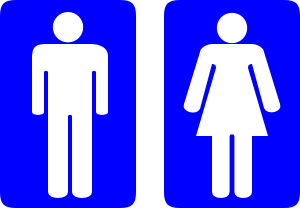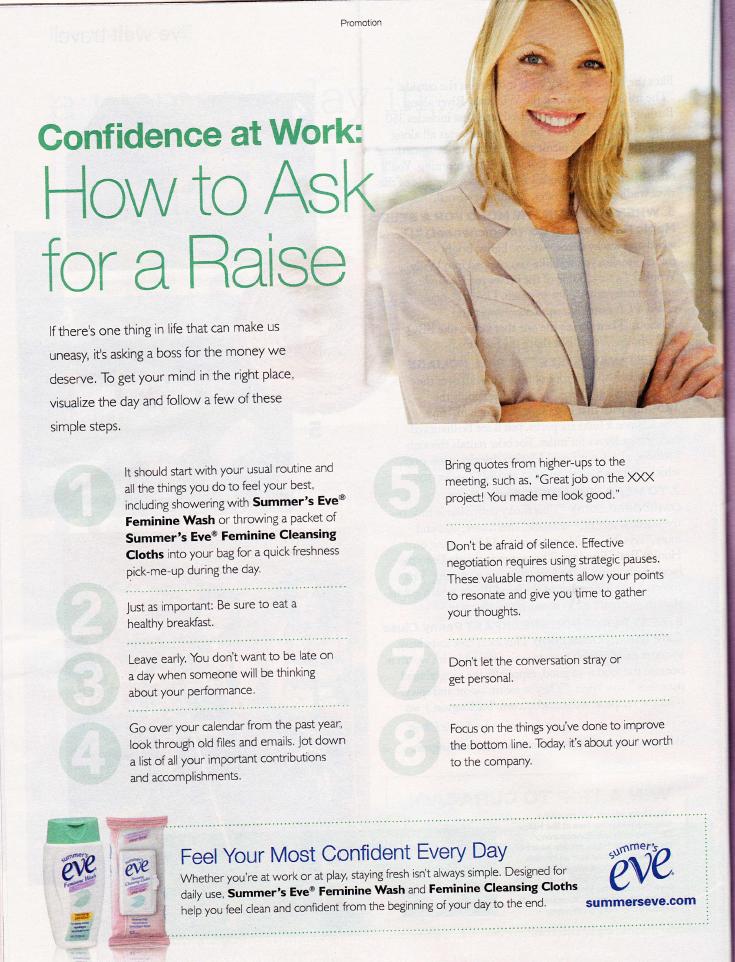Notions of how to properly raise children change over time and vary across cultures. In early America, children were necessary labor for struggling farmers trying to survive off the land. They were put to work as soon as they were able, apprenticing their parents and older siblings. After the Industrial Revolution, children went to work in factories; this seemed perfectly normal, considering that they had worked on farms for decades to contribute to the economic well-being of their families.
Today, we think that children should not work, but instead should have a “childhood” full of innocence, play, and imagination. This creates new burdens on parents who can no longer simply have their children work alongside them, but must actively cultivate the ability for their children to do what we believe children are supposed to be doing. This has led to what some sociologists have called “intensive mothering” (as it is usually mothers who do it): constant emotional availability and monitoring of their children’s psychological states, endless activity provision, and high investment in their children’s intellectual development.
Indeed, today some argue that failing to nurture children on every dimension of human capacity or, even, to just let them be, borders on neglect. While others argue that this is a new era of “helicopter parenting” in which parents monitor and control everything in their child’s life because they simply can’t look away or let go.
University of Notre Dame Sociology Professor Jessica Collett drew our attention to a set of cartoons illustrating this new contest over proper parenting at Free Range Kids. The first, by Bill Bramhall, suggests that letting children roam free puts them at risk of homelessness. In it, two homeless-looking men sit on a park bench watching children play by themselves. One says, “My mother took me to the park and left me there, too.”
The second, by artist Richard Estell, is in direct response to the first, arguing that parents are acting out of fear and that over-supervised children are more likely to experience mental and physical health problems. The men read newspapers with headlines that read “Parents see only danger” and “Helicopter parents’ kids depressed.”
What we have here, then, is a new social contest. Changes in ideas about who children are (kids vs. small adults), why people have them (as a personal indulgence or an additional laborer), and what good parenting looks like (intensive or functional) has created a new type of parenting.
As this new type has become the dominant idea of what good parenting looks like, a backlash has evolved that critiques it. And thus we have an excellent example of historical change and the social construction of social problems.
Lisa Wade, PhD is an Associate Professor at Tulane University. She is the author of American Hookup, a book about college sexual culture; a textbook about gender; and a forthcoming introductory text: Terrible Magnificent Sociology. You can follow her on Twitter and Instagram.






